A blog by mentor Kris Jones
It’s that time of year, and with a backdrop of massive layoffs in the tech industry that more people kick off their own startups.
To do that right now you’re either brave, reckless or need a lie down in a dark room until you come to your senses.
If you’re still reading then you’re obviously in one of the categories above or you’re feeling refreshed after your lie down.
Before you embark on this journey I’m going to share a mix of received wisdom and my own journey with Magic Sauce Online over the last two years:
- The days of raising pre-seed rounds based on a doodle on the back of a napkin are over (hopefully permanently, likely temporary)
- You need to get a solid proof of concept/early sales before you’re likely to be able to raise money
- You need to build a compelling narrative, presence and momentum if you’re going to be the noisy child that gets noticed
- You need to do your research. Yes. Those potential customers. Go talk to them.
My process with Magic Sauce was one of discovery and taking the medicine I’ve been distributing to startups for the last 7 years as a startup mentor for various accelerators and someone who’s built modular learning for startups (I must be doing something right as they’ve collectively raised about £40m+ to date).
First and foremost I needed to work out who had the problems. That’s almost the easy bit. I’d been through some of these problems as a previous founder of an accelerator (raising funds for one of those is little different to any other startup). The really hard bit is working out who’d pay to solve that problem, and will it be in sufficient numbers to make the business both scalable and profitable (and who your competitors are, and how they approach stuff).
Building in public solves a few of the problems outlined above. You can drag your audience along with you and build really great feedback loops on where you’re taking the product.
Two years ago Magic Sauce started life as an online accelerator that would help solve the problems for under-represented founders as everyone would go through the same, modular process before being presented to an investor. I also wanted to solve the problem that investors and founders put before me… that there’s a lack of tangible, up to date materials and guidance for founders online as a single source of truth.
Through building an offline/online MVP, I discovered that founders wanted to match with investors once they’d pre-qualified their deck and that investors wanted to get deal flow that had been through a process with information and a source they trust.
I then learned that my naivete in assuming the platform would level the playing field for under-represented founders on its own was off beam. It needed more.
We took stock of everything we’d learned over a year (that’s right, it can take a while, but I’ve listened and learned). We didn’t want to build a product for a problem that didn’t exist.
The key problems people said they’d pay to remove were:
- Investors wanted graduated, filtered dealflow
- Founders wanted access to investment
- Founders wanted access to structured learning (supplemental to any accelerator/mentoring programmes they were on)
- They all argued over valuations and exit projections
- Investors wanted smarter matching with founders
- Accelerators wanted programmes to support founders and help monitor their progress objectively (so that was the end of Magic Sauce as an accelerator!)
This took us to phase 1 of our MVP where we launched the learning modules to test WHO was most likely to pay for them. We also decided to test the market with investors using a phased approach (send to a small batch, listen, iterate), so we didn’t hit the whole investment market with something we knew we’d need to iterate.
We’re now at a stage where the MVP has garnered a huge amount of interest from governments globally and accelerators/support ecosystems/platforms that want to provide for different learning styles as part of their programmes/offerings. We know the learning material therefore works and we’ve executed on something, and have revenues.
It also means we’re now in that great/awful/nail biting phase where we know we’re ready for investment and need it to build out the next iteration of our platform. We’re having lots of chats, we’ve built a lot of goodwill, followers and champions. It’s the next execution point.
We had to get ourselves down the following funnel I’ve seen quoted on LinkedIn dozens of times:
- 1,000,000 startups have an idea
- 100,000 execute an MVP
- 10,000 have sales, MVP and proof of concept
You want to be in the 10,000. That’s 1%.
Hopefully that’s given you a high level of the dry part of the journey. The basics you need to cover. I’ve left out the detail on doing a startup canvas every six months. Iterating the deck and financials dozens of times. Pivoting the product and evolving its vision…the list goes on and having a critical friend like an accelerator, incubator or mentor is key.
Most of all, I’ve left out the emotional journey, and it is one.
This is why the research piece is so important. What you learn is never wasted so there’s a double benefit to doing your research. Being a founder takes its toll anyway, so make it easier on yourself.
Even if things don’t pan out, you have domain expertise and knowledge that has a value.
If you do discover you have a problem that people will pay to solve, then it’s definitely worth having done it.
You will have sleepless nights. Your emotions will be on a rollercoaster ride. You will take things personally from time-to-time (go up a mountain and have a scream. Don’t lose your sh*t at actual people. Instead go and do whatever you do to let off steam).
You will be pulled in a million directions at once. Gut instinct isn’t anywhere near as good as a Gap analysis or SWOT or business canvas. Take the emotion out of stuff (and if you can’t, refer to the paragraph above).
There’s a reason we all become founders. We want to change someone’s world in a positive way, or we want to become obscenely rich (If the latter is true then you’re less likely statistically to do well, but I wish you luck).
Hopefully, the advice has been of use. Just know that every founder has been in your shoes and has had the same struggles (the global majority definitely so).
What can help you cope with the journey?
- Join founder communities, share your battle scars and your wins, it does help you cope.
- Get on a great programme like the Raise programme, or an incubator
- Make sure you prioritise your mental health as a ragged founder makes bad decisions (you’ll ignore this at times, but you’ll regret it, so just be mindful)
- You’re not getting knockbacks, you’re getting feedback. Look for trends in it rather than reacting to each bit of feedback.
- Don’t make snap decisions. Act in haste, repent at leisure.
Kris Jones is a mentor with Raise Ventures, venture builder, and mentor with mission led accelerators across the UK (and Founder of Magic Sauce obviously…). Apply to the Raise programme to get that critical friend for the next stage of your startup journey. Applications are open until Friday 10th March 2023.
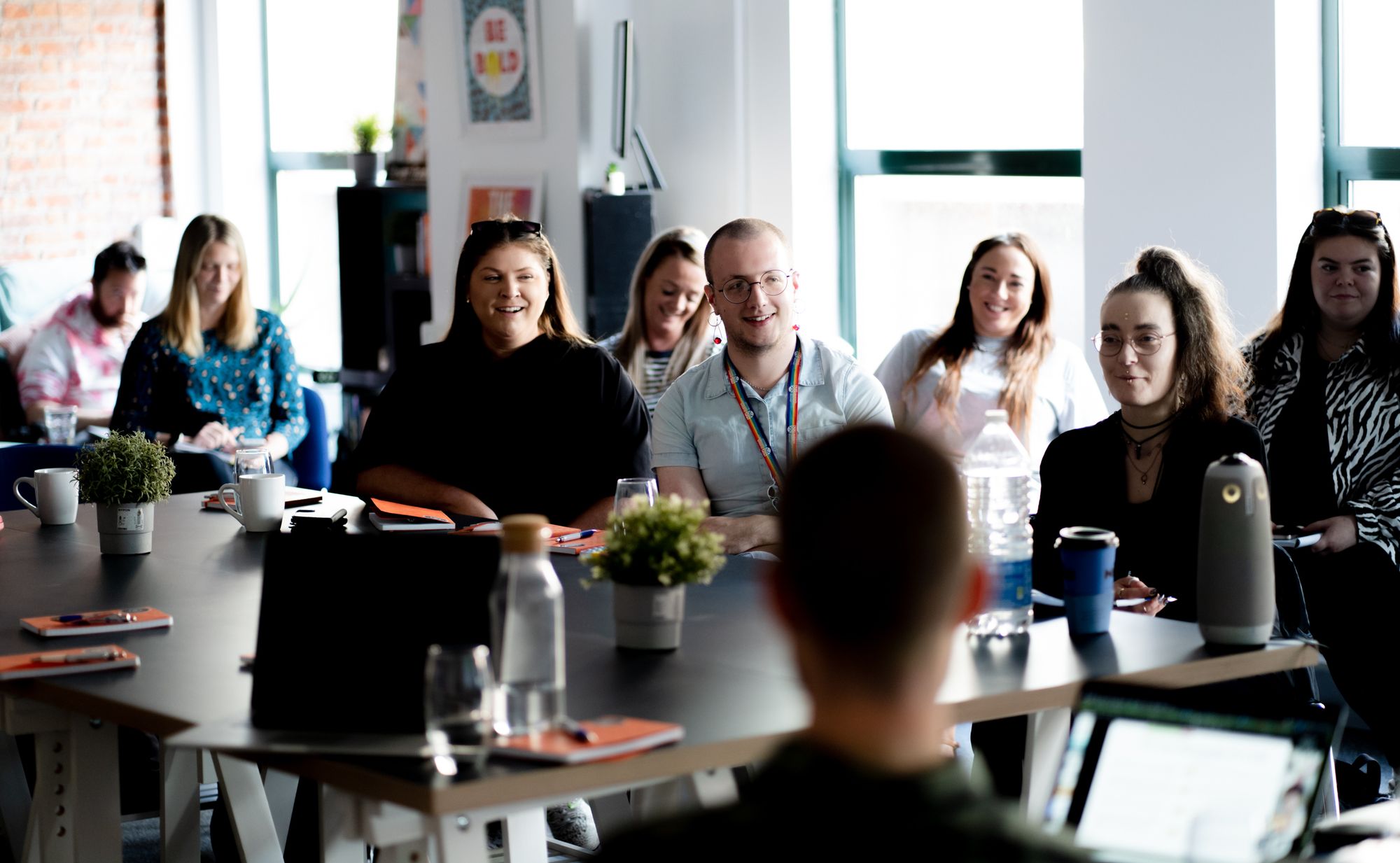


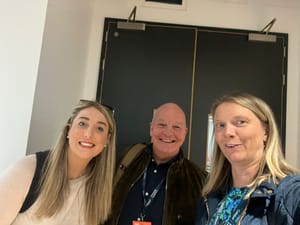

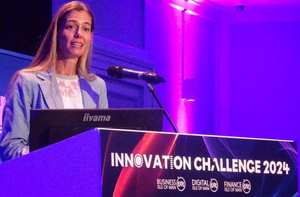

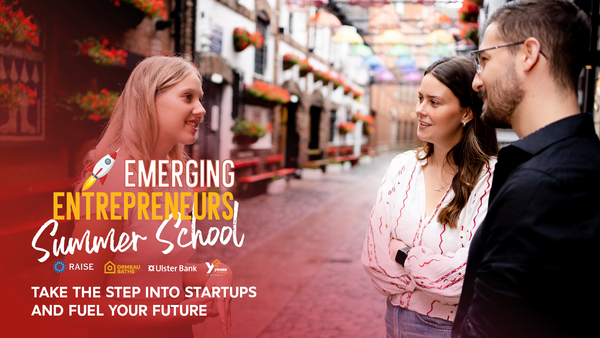
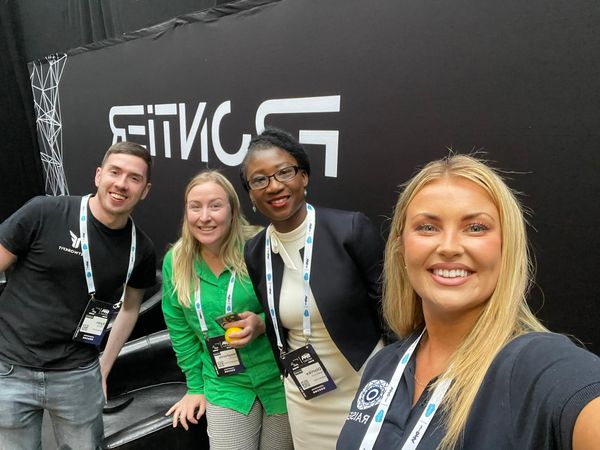
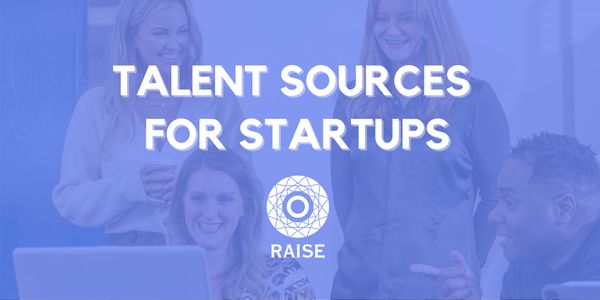
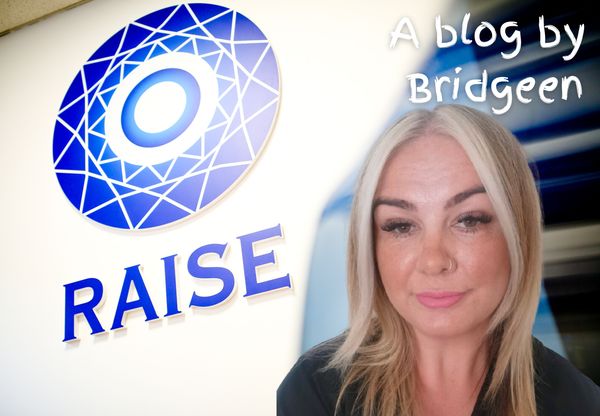
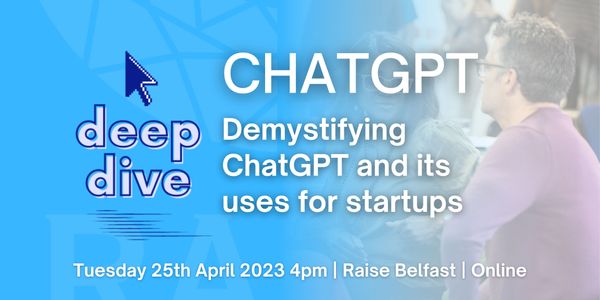
Member discussion